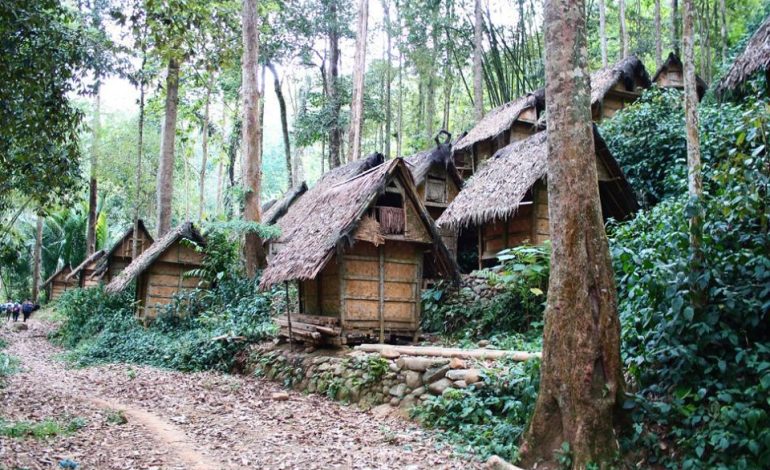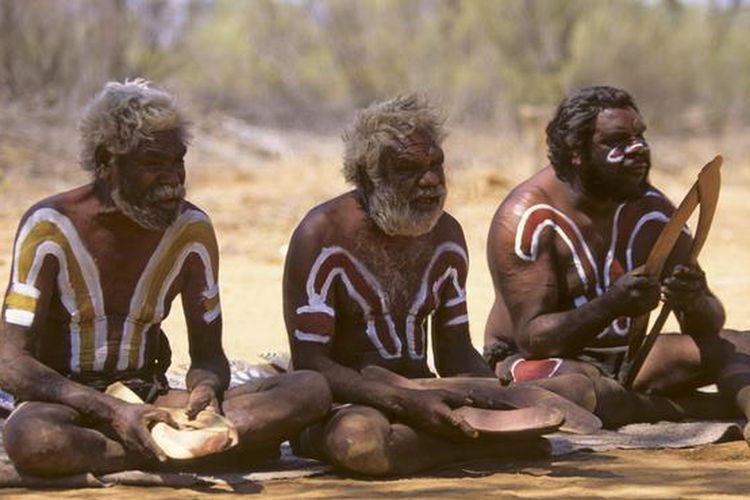Indonesia is a country known for its rich cultural diversity, with each region offering unique traditions and customs. Among the lesser-known cultures is the Baduy culture, also referred to as “Suku Baduy” or “Orang Baduy,” which thrives in the remote highlands of Banten Province, West Java. The Baduy people, with their distinct way of life and adherence to ancient traditions, have often been labeled as “Baduy culture.” However, upon closer examination, one can uncover the fascinating aspects that make this culture truly special. In this article, we will delve into the enigmatic beauty of Baduy Indonesian culture and shed light on its intriguing customs and values.
- Isolation and Preservation
The Baduy community is renowned for its commitment to maintaining their traditional way of life. Living in secluded villages tucked away in the lush green hills, the Baduy people have intentionally chosen to isolate themselves from modern society. This isolation helps preserve their unique customs, language, and indigenous practices, making Baduy culture a treasure trove of ancient traditions.
- Simplicity and Minimalism
At the core of Baduy culture lies a philosophy of simplicity and minimalism. The Baduy people lead humble lives, devoid of modern conveniences such as electricity and technology. They practice subsistence farming and maintain self-sufficiency by growing their own crops, weaving their clothes, and building their traditional houses. This emphasis on simplicity allows them to live in harmony with nature and embrace a sustainable lifestyle.
- Traditional Attire and Adornment
The Baduy people are easily identifiable by their distinct attire. Men wear black woven loincloths called “kawung,” while women don white or blue long-sleeved blouses and wrap-around skirts called “endek.” They adorn themselves with handmade accessories, including beaded necklaces, bracelets, and unique head coverings. The clothing and accessories not only reflect their cultural identity but also signify their adherence to traditional values.
- Spiritual Beliefs
Spirituality plays a significant role in Baduy culture. The Baduy people follow a syncretic blend of animistic beliefs and Islam, which they have preserved for centuries. They believe in the sacredness of nature, worship ancestral spirits, and practice rituals to ensure the balance between humans and the environment. Pilgrimages to sacred sites, such as Mount Kendeng and the Baduy Dalam village, are integral parts of their spiritual practices.
- Oral Tradition and Wisdom
The Baduy culture places a strong emphasis on oral tradition. Elders pass down knowledge, stories, and wisdom through oral storytelling, ensuring the preservation of their cultural heritage. These narratives encompass a wide range of topics, including the community’s history, traditional customs, and spiritual teachings. The oral tradition serves as a powerful means of cultural transmission and fosters a strong sense of identity among the Baduy people.
- Community Cohesion and Social Harmony
Community values and unity are deeply ingrained in Baduy culture. The Baduy people place great importance on communal living and mutual cooperation. Decision-making processes are participatory, with consensus-seeking being the norm. This emphasis on collective decision-making fosters social harmony, strengthens interpersonal relationships, and ensures the well-being of the entire community.
- Environmental Stewardship
Living in harmony with nature is an integral part of Baduy culture. The Baduy people have a profound respect for the environment and practice sustainable agricultural methods. They avoid using chemical fertilizers or pesticides and prioritize organic farming techniques. This environmentally conscious approach contributes to the preservation of their surroundings and demonstrates their deep connection to the land.

